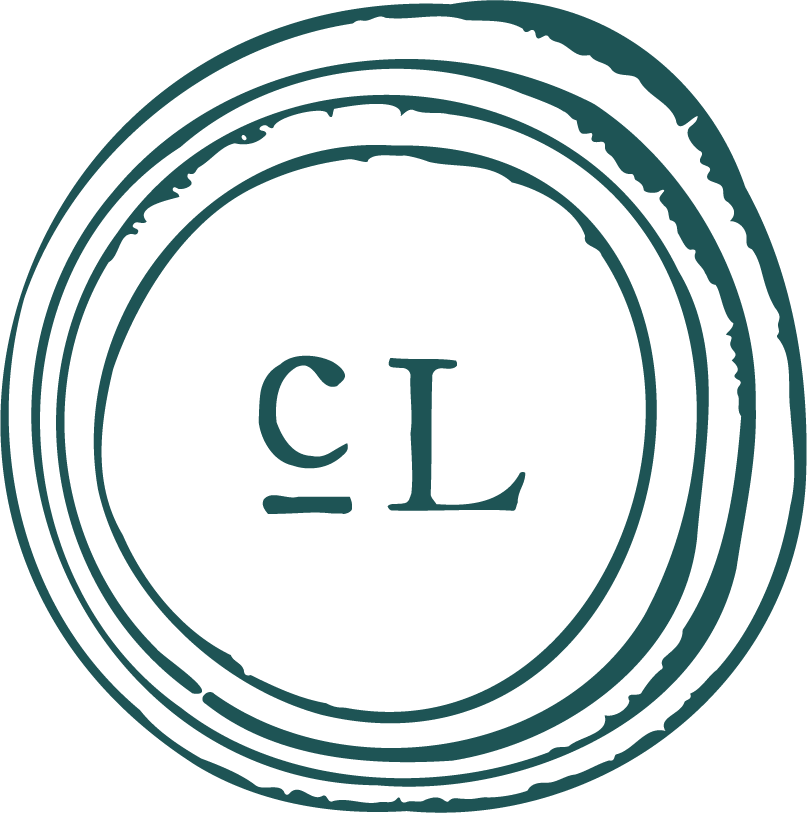NURTURE YOUR NATURE: The interplay of genetics & disease
Dr. Jeff Bland, one of the founders of functional medicine, refers to our genetics as our own personal ‘book of life.’ No two people (other than identical twins) share the same book. We are each genetically unique.
There was a time when genes were thought to be cast-in-stone. We acquired a few from each parent and that was the end of it. We thought that if we had a family history of a certain condition, we were doomed and destined to a specific health outcome.
It turns out that our genes, our units of heredity, in fact, are not our destiny. Genetic expression, also known as phenotype, is malleable. The intersection of our genes with our lifestyle, diet, and environment results in health or disease. We can influence our genetic expression. How we live has much to do with how our genetic disposition shows up in everyday life. We can nurture our nature.
Our genetic expression is strongly influenced by our environment – food, stress, toxins, exercise, thoughts, behaviors, etc.
Genes + Environment = Expression
Predisposition is not predestined. Environmental influences can change the way our genes work. Environmental influences on our genetic expression are reversible, for good and bad, and do not change the actual sequence of proteins in the gene, but they can change how the body reads the proteins. The study of environmental influences on our genetic expression is called epigenetics. And lots of research and progress has been made in this field in recent years.
Our genes predispose to a whole host of diseases, including but limited to high cholesterol, hormone imbalance, heart disease, Alzheimer’s disease, autoimmune disease, and cancer. But genetic predisposition is not the whole story. I think of family history, or genetic predisposition, as a risk flag – an individual may be at increased risk for an illness or disease but there is typically much she can do to keep undesirable genes from expressing themselves. Having the genetic potential for an illness or disease may require greater effort on the part of the individual to keep those genes silent.
Given that lifestyle, diet, and environment influence the expression of our genes and create the state of our health, we want to do what we can to live as well as we can, eat as well as we can, and improve our environment as much as we can.
Our genetic code and predisposition to health and disease are variables we cannot control,. Genetic expression is something we do have some control over.
Here’s where the Foundations of Wholeness, my free mini-guide on beautifulmessywholeness.com, is a reasonable place to start. Solidifying the foundations sets us up for as good as genetic expression as is possible.
Food – Eat unprocessed food, food that comes from the earth. Foods that we could – or do – hunt or gather are the best foods for us – food that exists close to its natural state. Eat mostly vegetables. For example, sulforaphane is found in dark, leafy green vegetables. Sulforaphane improves detoxification of potentially cancer-causing substances. Eat organic food when available and affordable. Minimize or eliminate sugar, alcohol, and refined carbohydrates like things made with white flour – bread, cereal, pasta, and baked goods. Food is medicine.
Movement – Exercise can affect muscle growth, stamina, metabolism, diabetes, and other metabolic disorders. Ideally, we are moving for 30 minutes 5 days a week plus 2 strength training sessions.
Rest and restoration – So much cellular repair happens while we sleep. The immune system has to keep up with taking out the trash, or cellular debris, otherwise the trash accumulates. Cellular trash accumulates when there is insufficient sleep. Rest and restoration also decrease cortisol levels, insulin levels, and inflammation thereby decreasing the overall burden on the immune system, ensuring genes stay quiet.
Nature – Studies have shown that even five minutes spent around trees or green spaces improves our health. While we breathe in the fresh air, we breathe in airborne chemicals plants emit called phytoncides. They have antibacterial and antifungal qualities. When we breathe in phytoncides, our bodies respond by increasing the number and activity of white blood cells called natural killer cells. These cells kill tumor- and virus-infected cells in our bodies.
Acceptance – There is some validity to the notion “you are what you think.”
Our thoughts and feelings are one of the most influential epigenetic factors at play. Positive thought processes, including acceptance, forgiveness, and compassion, prevent the activation of untoward genes.
The expression of genes, not the genes themselves, determines which diseases we get and how we age. Changing our lifestyle changes our genetic expression. Doing what we can to live as well as we can may just be the ticket to changing the trajectory of our family health history.

